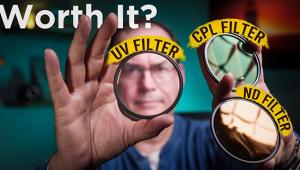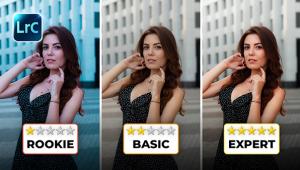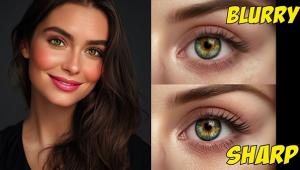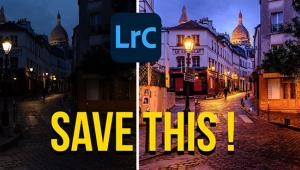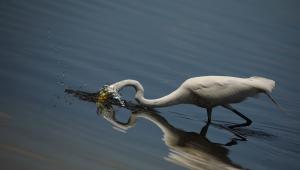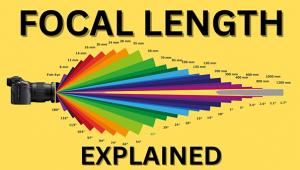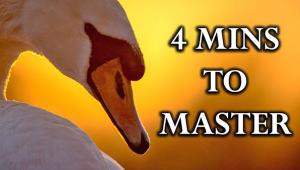What Your Eyes See vs. What a Camera Sees: It's Different (VIDEO)

There are a multitude of reasons why what you observe in the field may appear vastly different than the image you capture unless you make adjustments while shooting or do so later during the editing process. The quick video below from the Hoffman Photography YouTube channel explores an "enlightening" oft-ignored fact.
Instructor Rainer Hoffman is an author and educator specializing in travel and landscape photography, with over 20 years experience teaching workshops on shooting and editing techniques. In this interesting four-minute episode he discusses the fundamental difference between what a camera sensor "sees" and how you visual a scene with your eyes.
There is some truth to the analogy between an eye and a camera: Like a camera, the eye has a lens with a variable opening (the iris) that works pretty much like the aperture of a lens. An eye also contains light-sensitive material similar in some ways a camera's sensor.
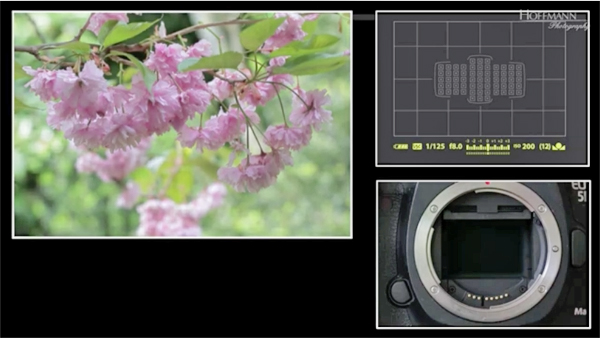
Hoffman says that's sort of where the similarities end, "Because a camera requires something important that our eyes don't need; namely a shutter." In simple terms, this means that our eyes, in combination with the brain, have the ability to "automatically produce a perfect exposure." He offers a simple experiment to illustrate this essential point.
A camera, on the other hand, is a light gatherer. As Hoffman explains "it gathers photons and adds them up during an exposure. At the onset of the exposure an image is dark until more and more photons hit the camera's sensor." That mean as long as the shutter is open the image continues getting brighter.
In other words, if the shutter speed is too short, the final image will be underexposed—with the opposite being true when the shutter is open too long. Hoffman offers some interesting illustrations to make this point, along with a video clip of a drinking glass as it's slowly filled with water.

With this analogy, overfilling a glass until water spills over the brim is sort of like overexposing a photo. Hoffman then adds this explanation: "There's no way to know an exposure is correct because you can't see it in the viewfinder; that's why our cameras have an exposure meter."
So while our cameras aren’t at good as our eyes are at producing perfectly exposed images, here's the flipside: "Thanks to the fact that the sensor is a light gatherer, we can show things in our photos that our eyes simply can't see."
After watching this intriguing video, pay a visit to Hoffman's YouTube channel where you'll find more on all aspects of photography. We also suggest watching the earlier tutorial we posted, demonstrating 10 easy pro tips for shooting better landscape and travel photographs.
- Log in or register to post comments



